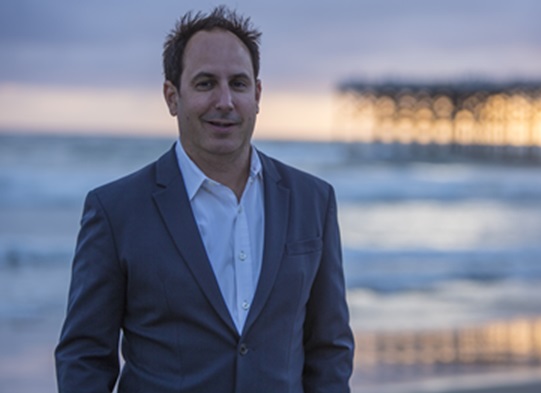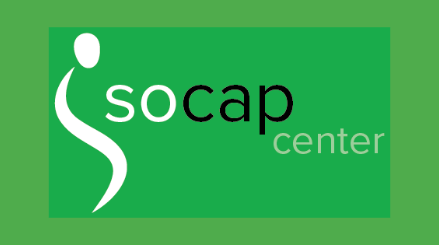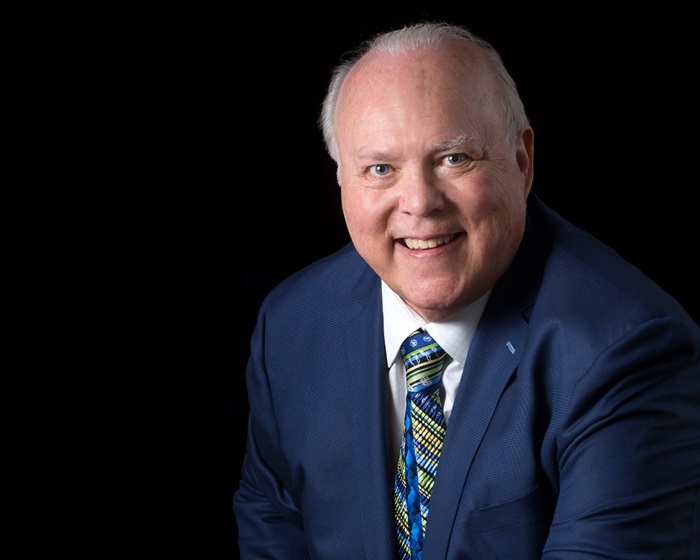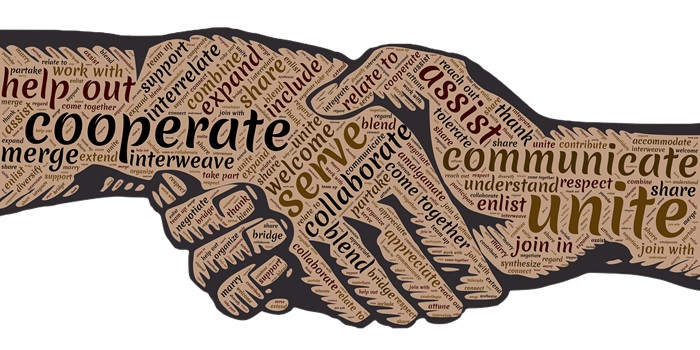Stephan Aarstol Is Fighting to Make E-Commerce Viable for Small Businesses Again
By Chris Benguhe, RaeAnne Marsh and Elaine Pofeldt | February 1, 2024 6:20 am
With tech giants extracting bigger fees from online stores, Tower Paddle Boards’ founder has found there’s safety in numbers – and united 400 small shops in one hub.

When Stephan Aarstol, owner and founder of Tower Paddle Boards, appeared on “Shark Tank,” guest judge Mark Cuban promptly invested and later said it was one of the best investments he ever made. Tower Paddle Boards sells its products direct to consumer, cutting out the middleman, so it can offer them a valuable product at affordable prices — $300 to $500 per paddleboard, as opposed to $1,200 to $1,600. “[At] our company in general and all the companies I’ve done, I look at it from a contrarian approach like, ‘What problem can we fix out there?’” says Stephan. “With the paddleboards, I basically went to go buy a paddleboard in 2010 and they were extraordinarily expensive.”
With almost no startup capital or money to spend on advertising, the company — whose founder we recognized last year while we were building our network of Social Capital CEOs — grew 2,800% in its first four years, tapping the power of word-of-mouth, search engine optimization and content marketing via a robust library of web content. The company, which started in 2011, grew to $7.5 million in revenue by 2015. “Essentially, the internet came onto the scene, and you have the e-commerce, and all of a sudden you had globalization going on at the same time,” says Stephan. “The internet put everybody one click away from the buyer, from the producer, and all the middlemen disappear, and so this was the initial disruption of retail … it was allowing consumers to enjoy in the prize of globalization, which was, ‘We can make a shoe for $4 in Indonesia. We can sell it to you for $10. We don’t have to sell it to you for a hundred dollars and have all this nonsense in the middle.’”
However, by 2016, growth plateaued at Tower Paddle Boards, as giants like Amazon and Google raised the costs associated with selling online and e-commerce became less profitable for many small players. “What a lot of companies [are] saying is, ‘Well, it’s back to the retail model,’” he says. “The whole window that opened up has closed strangely, so consumers are now, once again, locked out of the benefits of globalization.”
Stephan began keeping Tower Paddle Boards afloat through another revenue stream, Tower Beach Club, a wedding and events venue the brand rents out in San Diego, Calif., and introduced Tower Electric Bike Company, a new online store. Along the way, he pioneered practices such as the five-hour workday with his team.
But Stephan wanted to change things for the small retailer, and, in the spirit of a Social Capital leader, responded to market conditions by creating the No Middleman Project, an effort to make ecommerce-selling more profitable for the many small businesses getting squeezed from all sides. The No Middleman Project brings together 400 direct-to-consumer brands into one place, a curated showroom on the Internet, which, in turn, links to the brands’ online stores. “You’ve got to get somebody in there that is willing to have a monopoly without exercising that monopoly, and it has to be some kind of an altruistic thing or some kind of a social benefit company,” says Stephan.
Stephan recently spoke with Chris Benguhe, founder and president of the Dave Alexander Center for Social Capital and publisher of Social Capital Insider, about his mission. We invite you to join them by clicking on the link below.




